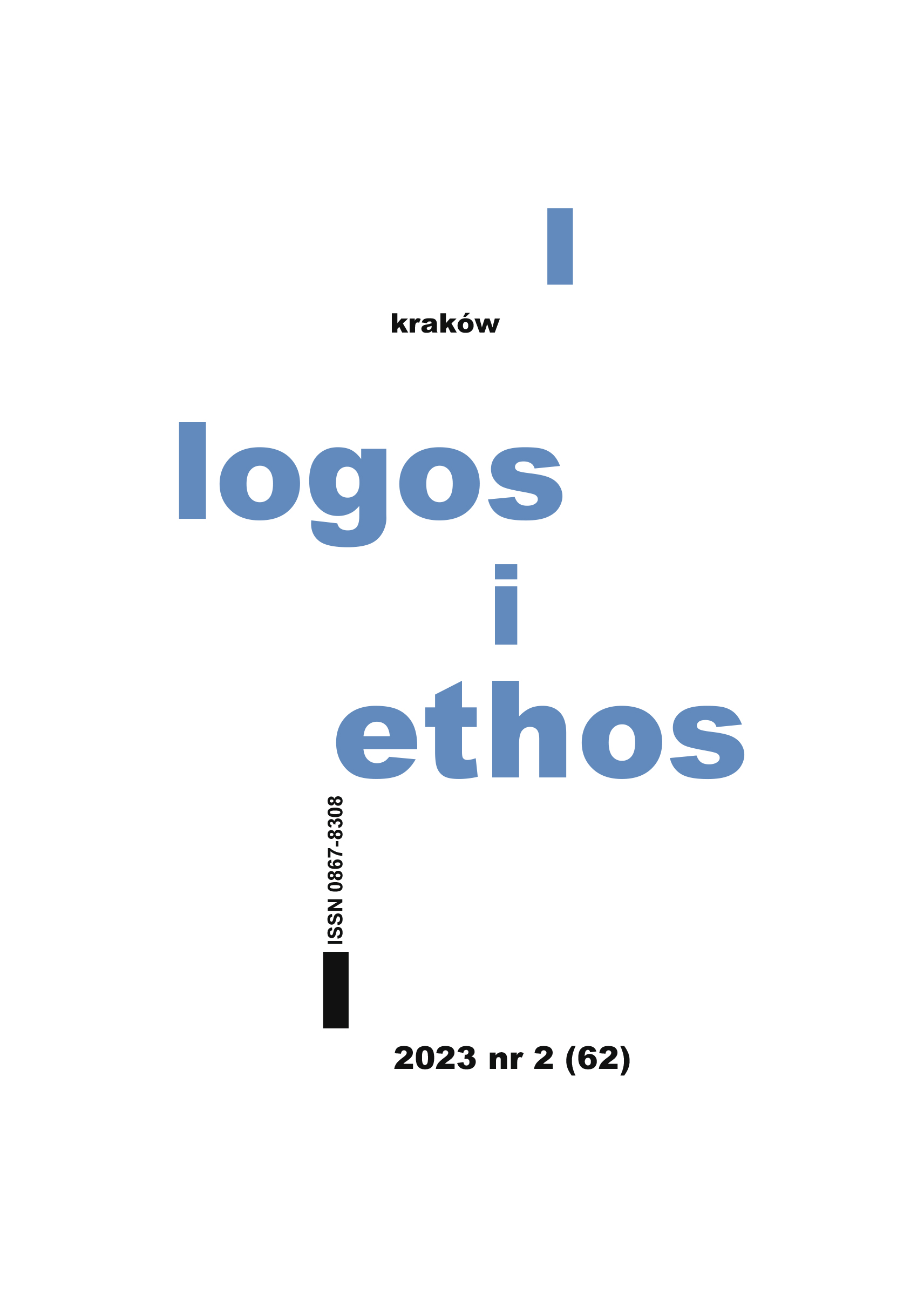An attempt at an evaluation of Philippa Foot’s conception of naturalistic virtue ethics
DOI:
https://doi.org/10.15633/lie.62205Słowa kluczowe:
cnota, sprawiedliwość, moralność, natura, metaetykaAbstrakt
In this article I present subsequent stages of the evolution of Ph. Foot’s conception. I point out that her concepts of morality, virtue and justice are detached from earlier visions of the world (ancient harmony, Christian divine order). At each stage of the evolution of her project, she is forced either to make arbitrary decisions or to make metaphysical assumptions. I emphasize that biological references in justifying the need for morality may be legitimate as long as we understand ethics as a practical science that aims to achieve practical goals (including the protection of the human species).
Bibliografia
Anscombe E., Modern Moral Philosophy, “Philosophy” 1958 no. 33, p. 1–19.
Aristotle, Nicomachean ethics.
Foot P., Virtues and Vices and Other Essays in Moral Philosophy, Blackwell, Oxford 1978.
Foot P., Natural Goodness, Clarendon Press, Oxford 2001.
Foot P., Moral Dilemmas and Other Topics in Moral Philosophy, Clarendon Press, Oxford 2002.
Foot P., The Grammar of Goodness: an Interview with Philippa Foot, “Harvard Review of Philosophy” 11 (2003), p. 32–44.
Foot P., Theories of Ethics, Oxford University Press, Oxford 1967.
Pobrania
Opublikowane
Numer
Dział
Licencja

Utwór dostępny jest na licencji Creative Commons Uznanie autorstwa 4.0 Międzynarodowe.
Autorzy publikujący w czasopiśmie udzielają jego wydawcy zgody o następującej treści:
- Autor zachowuje autorskie prawa majątkowe do utworu, a jednocześnie udziela wydawcy czasopisma zgody na jego pierwszą publikację w wersji drukowanej i wersji online na licencji Creative Commons Uznanie autorstwa 4.0 Międzynarodowe oraz zgody na wykonywanie opracowań, w tym przekładów.
- Autor ma możliwość udzielania zgody niewyłącznej na opublikowanie utworu w wersji, która ukazała się w czasopiśmie (np. zamieszczenia go w repozytorium instytucjonalnym lub opublikowania w książce), wraz z informacją o jego pierwszej publikacji w czasopiśmie.
- Autor może umieścić swój utwór online (np. w repozytorium instytucjonalnym lub na swojej stronie internetowej) jeszcze przed zgłoszeniem utworu do czasopisma.

